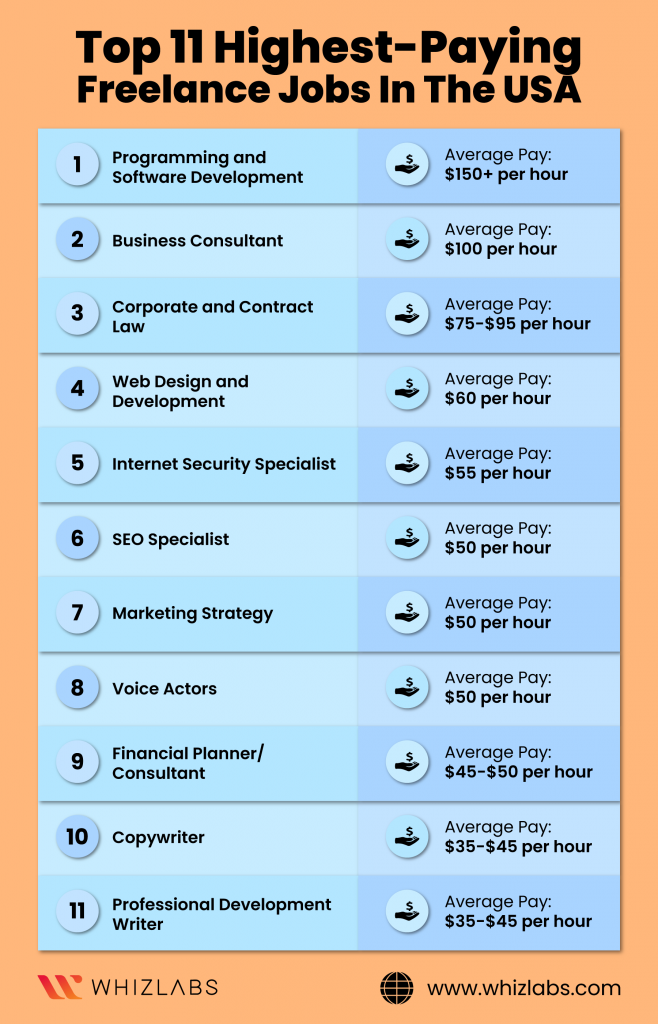Careers in Blockchain Technology: Your Guide to the Future of Innovation
Blockchain technology has evolved from a buzzword in cryptocurrency to a transformative force in multiple industries, including finance, healthcare, and logistics. As businesses continue to explore the potential of decentralized systems, the demand for professionals skilled in blockchain is rapidly increasing. Careers in blockchain technology offer exciting opportunities for individuals looking to enter a growing field with high earning potential. Whether you’re interested in development, project management, or consulting, this article will provide an overview of career paths in blockchain technology and how you can get started.
Blockchain Developer: The Backbone of Blockchain Systems
One of the most sought-after careers in blockchain technology is that of a blockchain developer. These professionals are responsible for building and maintaining blockchain systems, creating decentralized applications (dApps), and developing smart contracts. A blockchain developer’s role involves working with blockchain platforms like Ethereum, Hyperledger, and Solana, and using programming languages such as Solidity and Go. As businesses and financial institutions adopt blockchain for various use cases, the demand for skilled developers continues to grow. For those with a strong technical background, a career as a blockchain developer offers excellent prospects in terms of both job availability and salary.
Blockchain Consultant: Guiding Businesses Through the Blockchain Revolution
Blockchain consultants help businesses understand how blockchain technology can improve efficiency, security, and transparency in their operations. Consultants assess business needs, recommend blockchain solutions, and often oversee the implementation process. This career path requires a combination of technical knowledge and strong communication skills, as consultants must explain complex blockchain concepts to non-technical stakeholders. As blockchain technology continues to gain mainstream adoption, the need for consultants with industry expertise is expected to increase across various sectors, including finance, healthcare, and supply chain management.
Blockchain Project Manager: Leading Blockchain Initiatives
For professionals with experience in project management, the role of a blockchain project manager is an exciting career option. These individuals oversee blockchain-based projects from inception to completion, ensuring that timelines, budgets, and goals are met. Blockchain project managers need to have a solid understanding of blockchain technology, as well as the ability to manage cross-functional teams and communicate effectively with stakeholders. As companies implement blockchain technology in increasingly diverse industries, project managers who can successfully lead blockchain projects will be in high demand.
Blockchain Architect: Designing Blockchain Infrastructure
A blockchain architect is responsible for designing the framework and infrastructure for blockchain systems. They focus on building secure, scalable, and efficient blockchain networks and ensuring that the underlying architecture supports the business’s long-term goals. Blockchain architects must have deep technical knowledge and experience with various blockchain platforms, cryptography, and consensus algorithms. This role often requires years of experience in software development and systems design. As blockchain adoption grows across industries, architects who can design high-performance systems will be critical to the success of blockchain initiatives.
Blockchain Security Expert: Safeguarding Blockchain Networks
Security is a key concern in blockchain technology, making the role of a blockchain security expert increasingly important. These professionals are responsible for securing blockchain networks, ensuring that transactions and data stored on the blockchain are protected from cyberattacks and fraud. Blockchain security experts work closely with developers and architects to design secure systems, implement encryption protocols, and detect vulnerabilities. As blockchain technology becomes more prevalent in sensitive industries like finance and healthcare, the demand for security experts will continue to rise, offering a highly specialized and well-compensated career path.
FAQs
Q1: What skills do I need to pursue a career in blockchain technology?
A strong foundation in computer science, cryptography, and software development is essential. Knowledge of blockchain platforms (e.g., Ethereum, Bitcoin) and programming languages such as Solidity or Go is also beneficial.
Q2: How can I get started in a blockchain career?
Starting with online courses, certifications, and blockchain development boot camps can help you acquire the necessary skills. Building projects and contributing to open-source blockchain projects can also enhance your experience.
Q3: Is blockchain technology only relevant for cryptocurrency?
No, blockchain is being adopted in a wide range of industries, including finance, supply chain, healthcare, and government, due to its ability to provide secure, transparent, and decentralized systems.
Q4: Are blockchain jobs well-compensated?
Yes, blockchain professionals tend to have high earning potential due to the specialized nature of the field and the growing demand for blockchain technology across industries.
Q5: What industries are adopting blockchain technology?
Blockchain is being adopted in industries like finance, healthcare, logistics, supply chain management, and even entertainment, offering various career opportunities for blockchain professionals.
